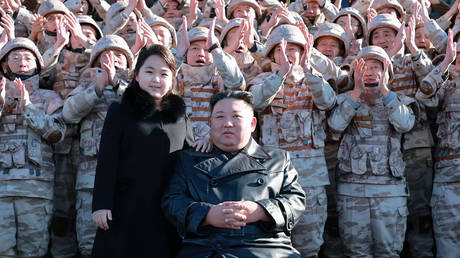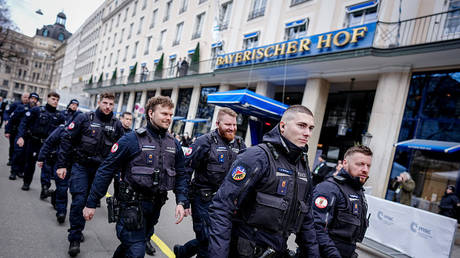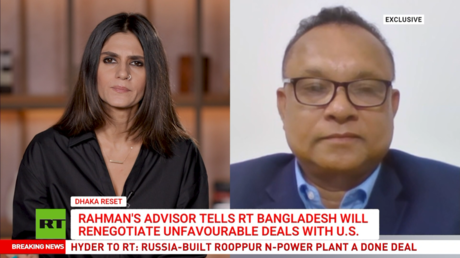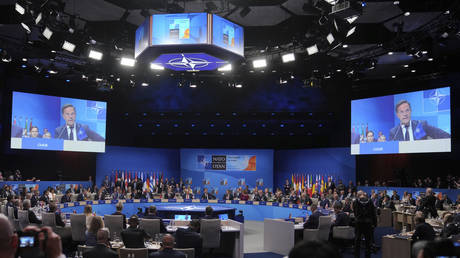
Kim Jong-un hailed Pyongyang’s new ICBM as the strongest strategic weapon on the planet
North Korea seeks to have the most powerful nuclear capability in the world, the nation’s leader, Kim Jong-un, said on Sunday. He also ordered the promotion of military officials and scientists involved in the recent successful test of a new intercontinental ballistic missile (ICBM), which is thought to be able to reach the US mainland.
In his order, quoted by the state-run Korean Central News Agency (KCNA), Kim said that North Korea’s “ultimate goal is to possess the world’s most powerful strategic force, the absolute force unprecedented in the century.”
He also described the Hwasong-17 ICBM as “the world’s strongest strategic weapon,” claiming that North Korean officials and the scientists behind the launch “made a wonderful leap forward in the development of the technology of mounting nuclear warheads on ballistic missiles” – showing Pyongyang’s resolve to build “the world’s strongest army.”
According to the KCNA, the missile has “clearly proved” that North Korea is “a full-fledged nuclear power capable of standing against the nuclear supremacy of the US imperialists.”
Kim also took part in a photo op with those involved in the ICBM launch, while accompanied by his “beloved” daughter, whose existence had never been publicly confirmed until she joined him during the launch of the ICBM last week.
North Korea fired a Hwasong-17 on November 18 in order to shore up Pyongyang’s “overwhelming nuclear deterrence,” amid the “military threat of the US” and its allies in the region, according to Kim.
At the time, North Korean officials said the ICBM travelled nearly 1,000km (620 miles) and reached an altitude of 6,040km (3,750 miles) before landing “accurately in the planned waters of the East Sea of Korea.”
The test was condemned by members of the UN Security Council, including the US, UK, France, and India, who called it a “serious escalation” which “poses an unequivocal threat to international peace and security.” The Security Council, however, stopped short of issuing a formal resolution due to opposition from permanent members China and Russia.




